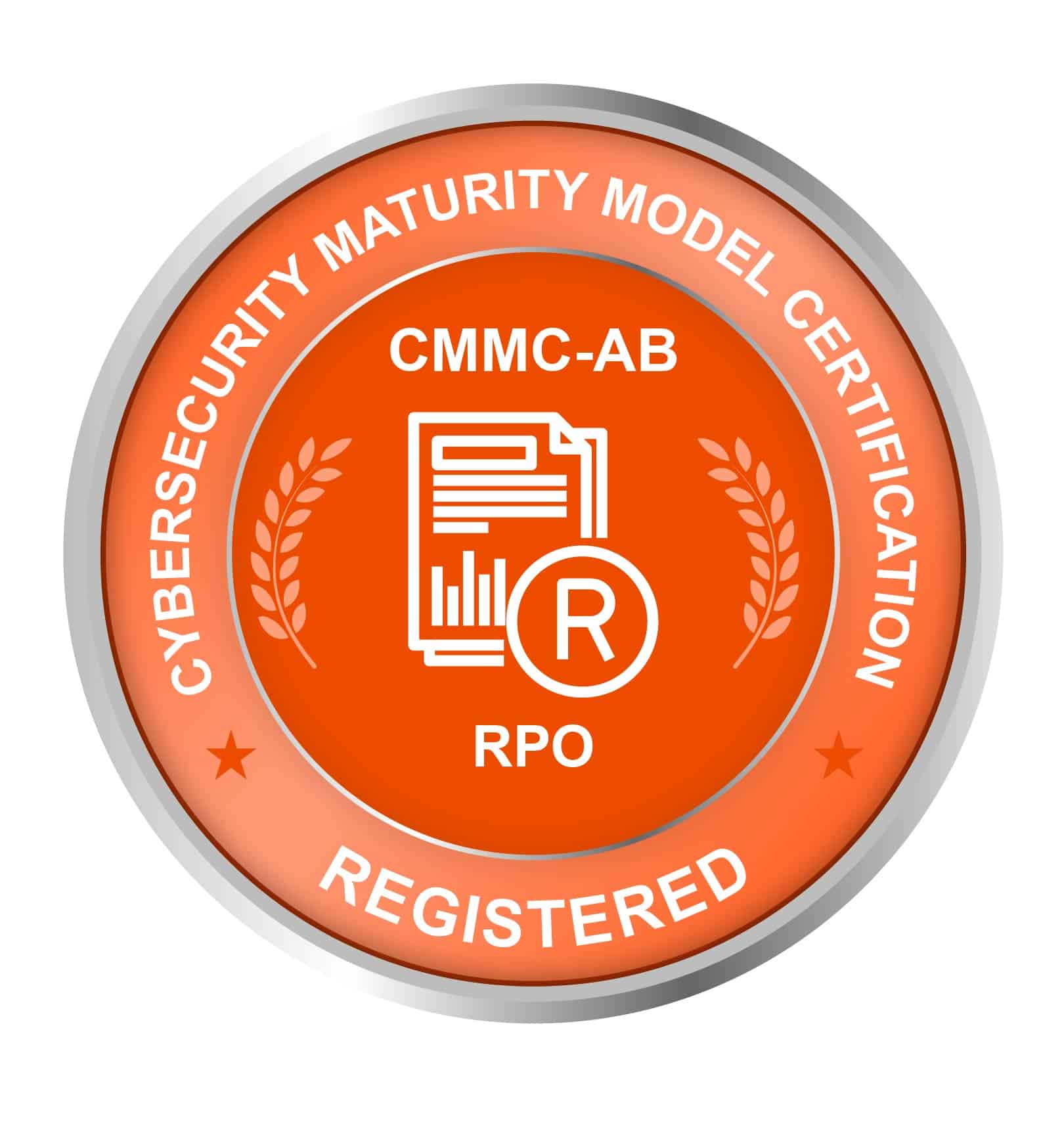The past decade has seen some of the greatest advances in communications and information technology. Informatization has never been as strong as ever before, but this significant increase in industrialization has also given rise to a new type of crime where data and personal information are the main commodity. With the speed at which this new breed of criminals can take what they need and the often ‘undetectable-until-too-late’ nature of their crime, organizations as well as individuals are in dire need of more efficient solutions to protect against these security threats.
Cyber-crime is a multi-dimensional threat that affects and targets not only businesses and governments, but increasingly, private citizens. Cases of data and security breaches and cyber terrorism, among many other forms of cyber-crimes have been increasing at alarmingly rapid rates and dedicated networking service providers are playing an increasingly important role in mitigating cyber security threats and preventing further risks.
No one is completely safe from any form of cyber-crime. In fact, there is now a highly sophisticated, self-sufficient, underground economy where data is an illicit commodity. From stolen personal and business information to financial data, these activities lead to even more problematic criminal activities ranging from phishing to pharming, hacking of important corporate and government databases, malware distribution, and so much more—and it is happening right under our noses and in every part of the world. Malicious code writers and cyber criminals, however, are only one half of the problem. The other half is poor networking and security services that allow these activities to proliferate. Therefore, supporting dedicated networking services is a must, if we are to beat these malicious criminal activities. As cyber threats get more and more sophisticated, so should the tools and methodologies to fight them be, especially in today’s increasingly connected world.










